
Ha Long Bay, Vietnam. Sat among the breathtaking landscape of limestone karsts in turquoise water, the floating settlement is made up of four villages and has a population of approximately 1,600.

The lives of local people are closely tied to the water, with their boats and floating homes providing residents with shelter, transportation, entertainment, and their livelihood.
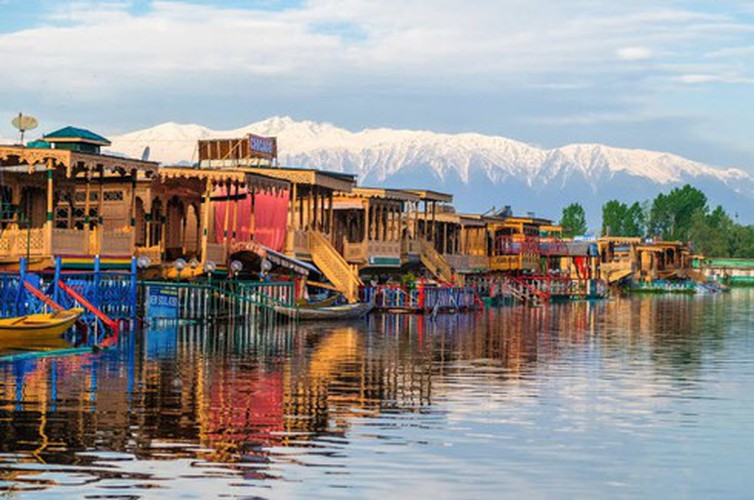
Elsewhere, Dal lake in India is a vast lake close to Kashmir that is famous for reflecting the settlement’s floating wooden homes, along with the snow-capped peaks of the Pir Panjal mountains.
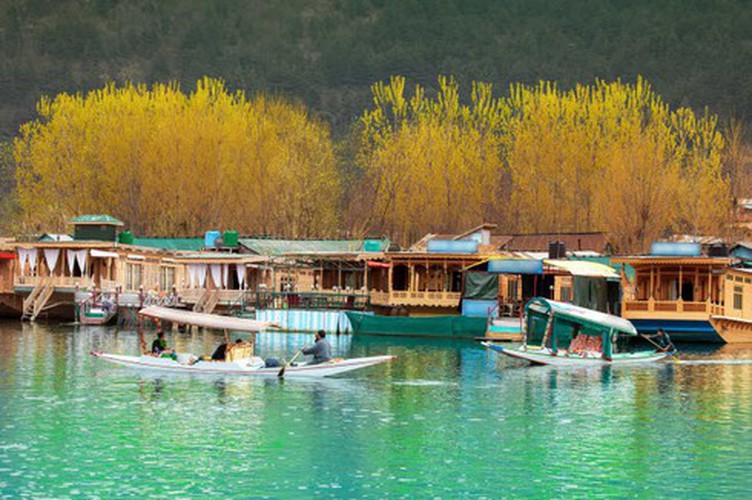
Shikaras, taxi boats which appear like gondolas, are a common mode of transportation for local people, bringing goods to market, children to school, and tourists to the charming houseboats.
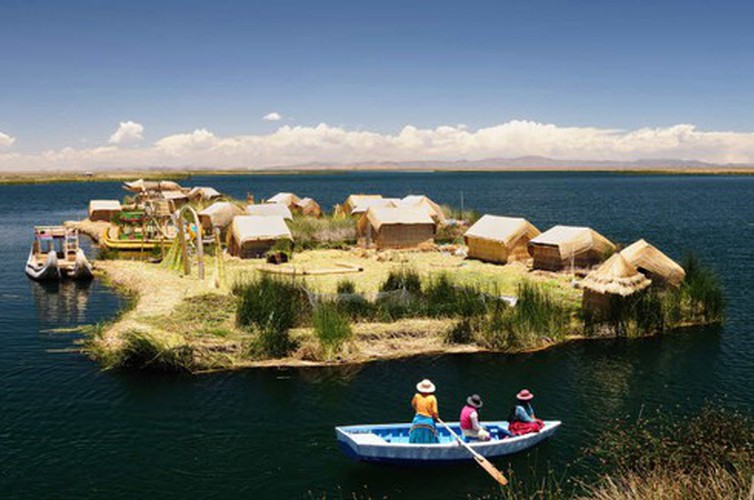
The Uros islands of Peru are located on one of the world’s highest lakes, Titicaca. Indeed, this is the second largest lake in South America and is home to a collection of 120 islands that host nearly 1,200 people.
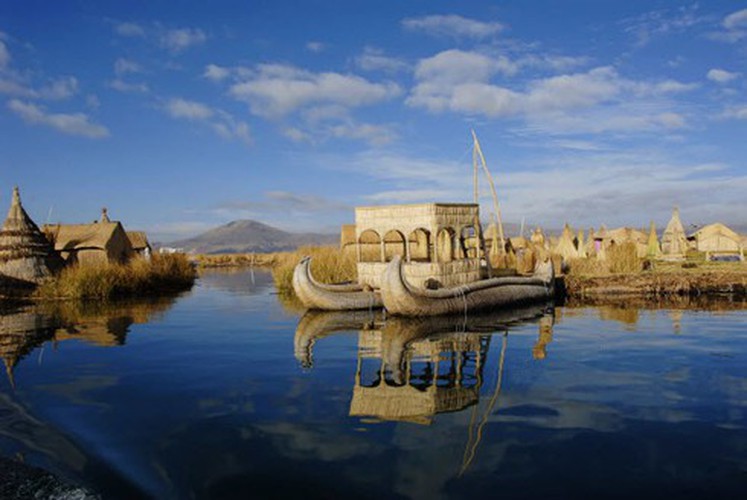
It is thought that the Uros community originate from before the Incas controlled the local area, with the community being forced to build their lives on the water when the Incas began to move onto their land.
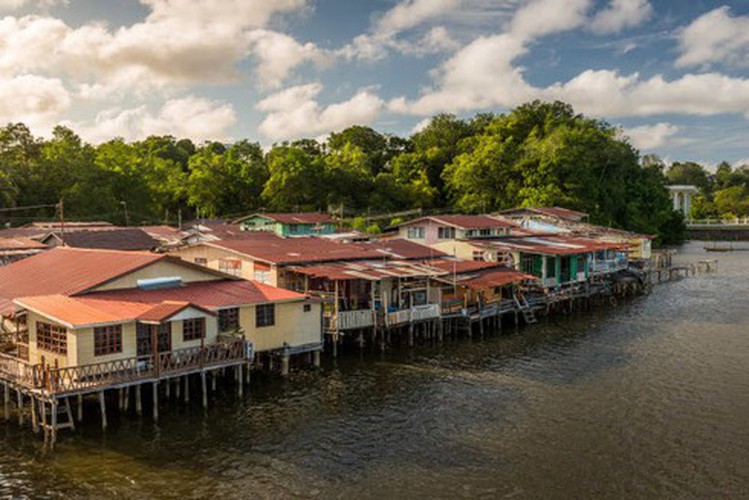
Kampong Ayer in Brunei is the world's largest floating village. Situated in in Bandar Seri Begaway, the site is unlike anything else in Southeast Asia with the settlement being more similar to a sprawling mini-metropolis than a village.
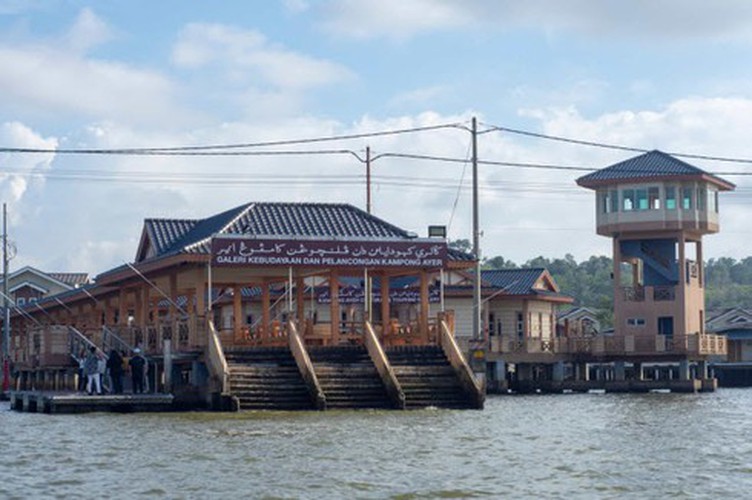
Timber houses built on stilts sit next to mosques, schools, and restaurants. Local people can enjoy access to electricity, running water, television, and even Wi-Fi throughout the area.
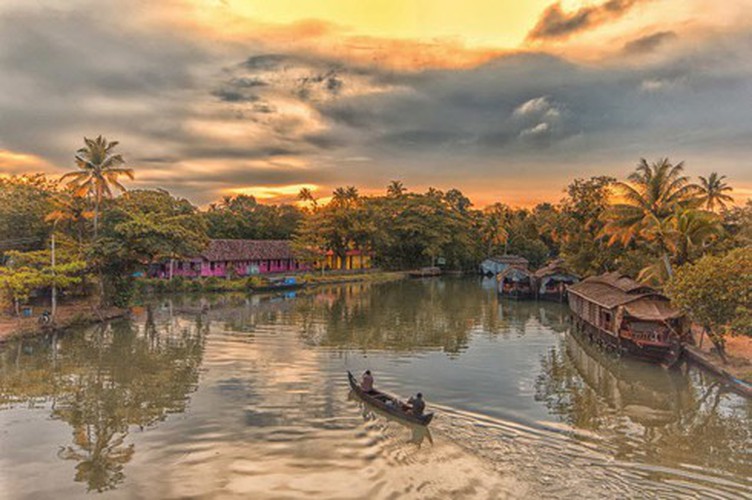
Kumarakom in India can be found in the backwaters of Kerala. The settlement is a tranquil village that floats on the 97-kilometre-long, equivalent to 60 miles, Vembanad lake.
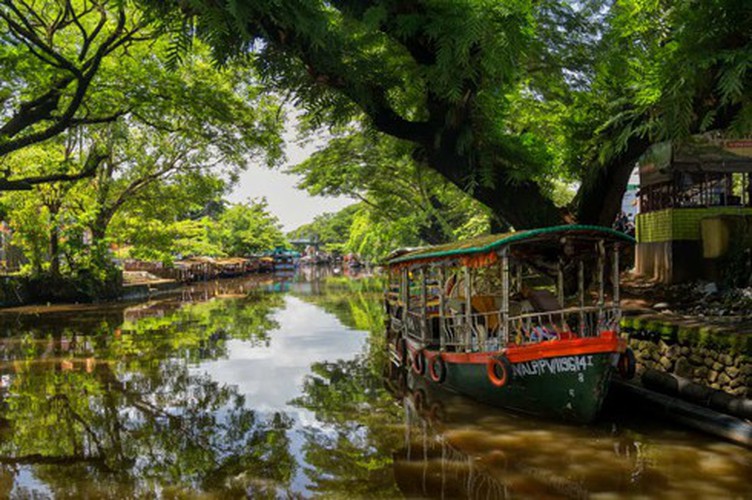
The living space is home to a number of rare species of birds.
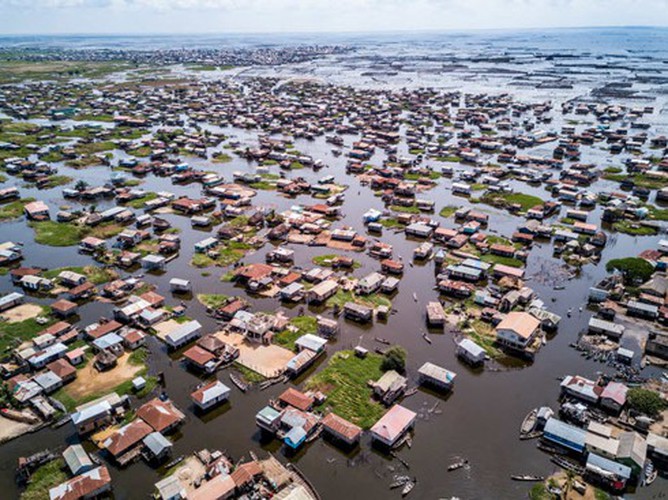
Ganvie in Benin is Africa’s largest floating community and is situated on Lake Nokoué. The site is inhabited by roughly 20,000 people.

The picturesque village can be traced back to the 16th century and was created by the Tofinu tribe who were escaping from the slave trade. They took refuge on Lake Nokoué and used its warm climate to create sophisticated networks to farm fish which are still in use today.

Aberdeen in Hong Kong was once a thriving hub of floating activity. In recent years, Aberdeen has seen a drastic decline in trade, although tourists continue to visit the area from around the world.
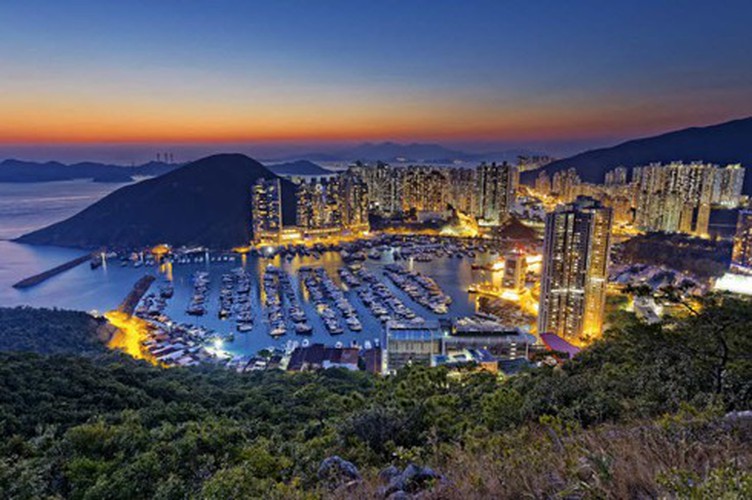
First established in the 17th century when Hong Kong was developing as a major harbor in the region, there is a stark contrast between the floating homes of local fishermen and the towering skyscrapers situated behind them.
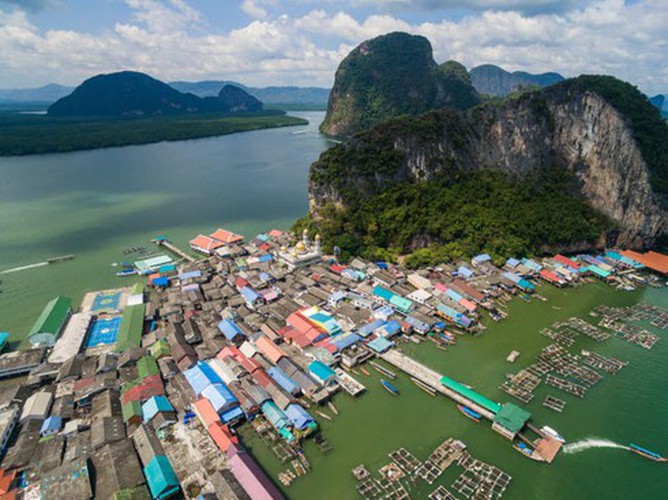
Koh Panyi is a village in Thailand that sits amid hundreds of limestone rock formations in Phang Nga Bay of the Andaman Sea. The area is reportedly made up of descendants of two Muslim families who first fled from Indonesia 200 years ago.
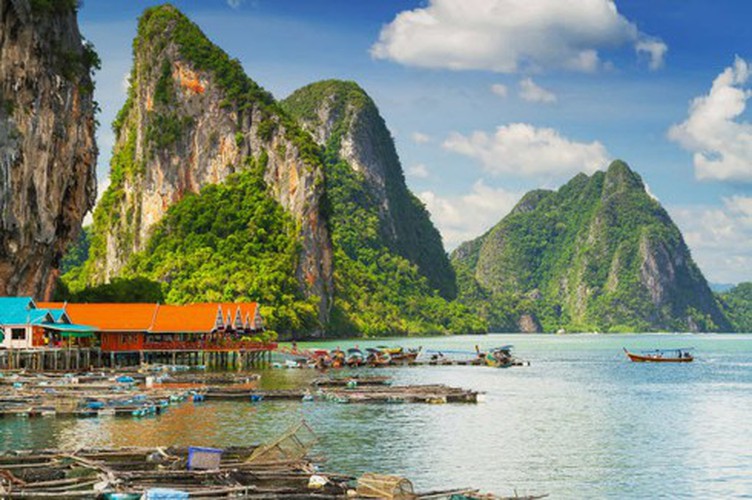
The floating village is home to a school, a market, a mosque, and even a football field that has been built using old scraps of wood and fishing rafts tied together.
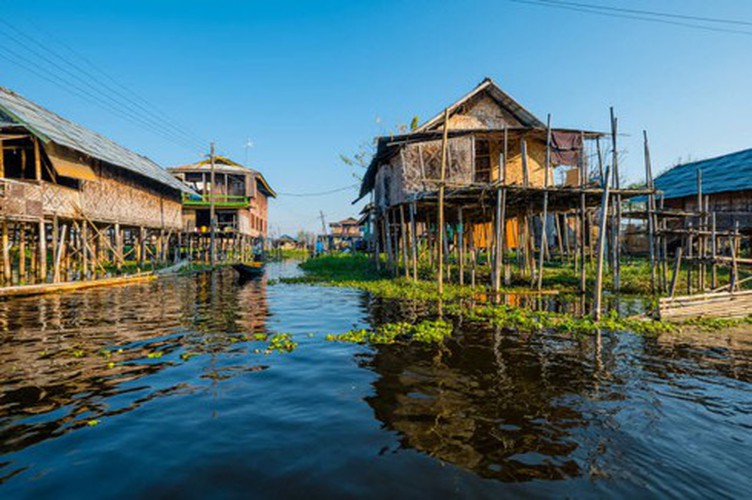
Inle Lake is one of Myanmar’s most peaceful sites, surrounded by wispy sugar cane in the Shan Hills plateau.
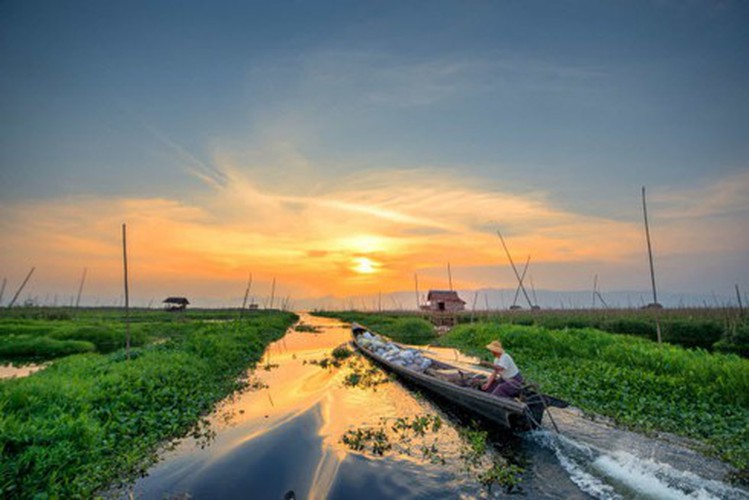
The Intha people, which translates to “sons of the lake”, tend to their vegetables in the area’s floating gardens which are contained in long, narrow boats. They then do business in the floating market that moves between the various villages.
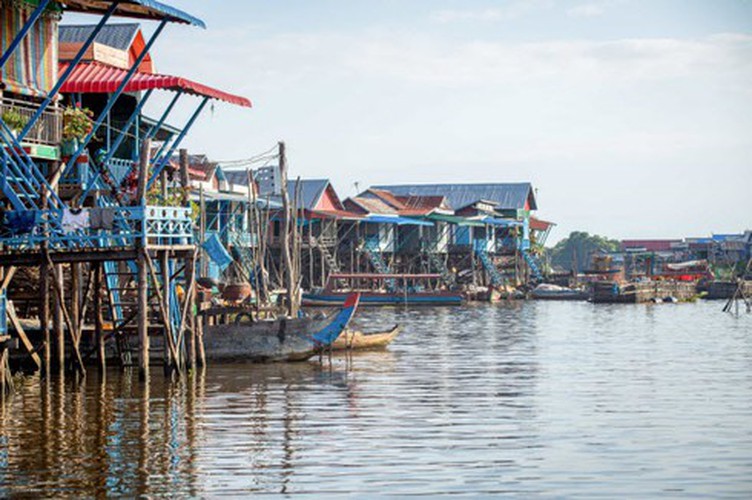
Chong Khneas in Cambodia is situated on Tonlé Sap, Asia’s largest freshwater body. The lake dramatically swells and shrinks depending on the season. Despite this, all year it is home to over 150 villages on stilts.
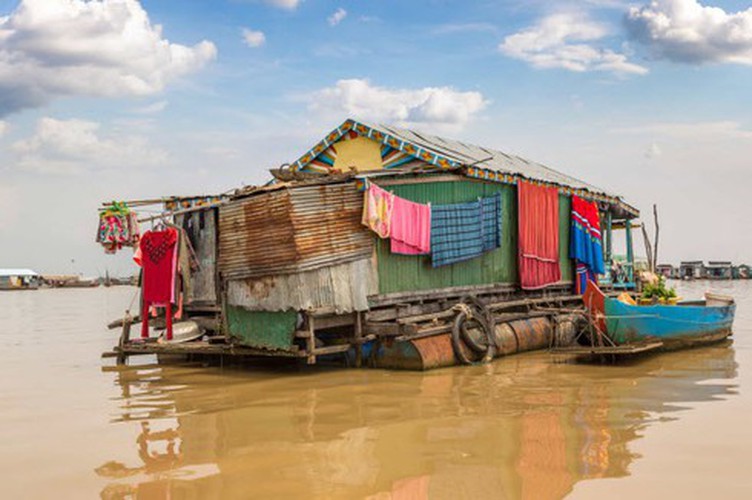
Chong Khneas in particular features an array of vibrant homes that sit on empty gas drums as opposed to stilts.
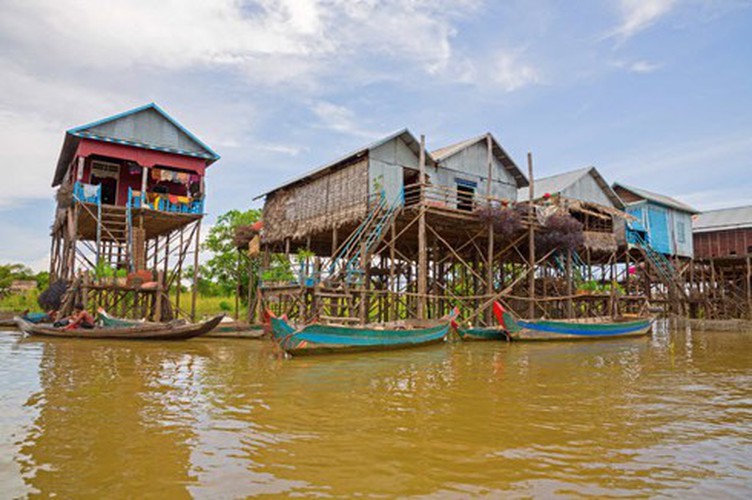
Also located on Cambodia's Tonlé Sap lake, Kampong Phluk can be found on the floodplain roughly 16 km, equivalent to 10 miles, southeast of Siem Reap.
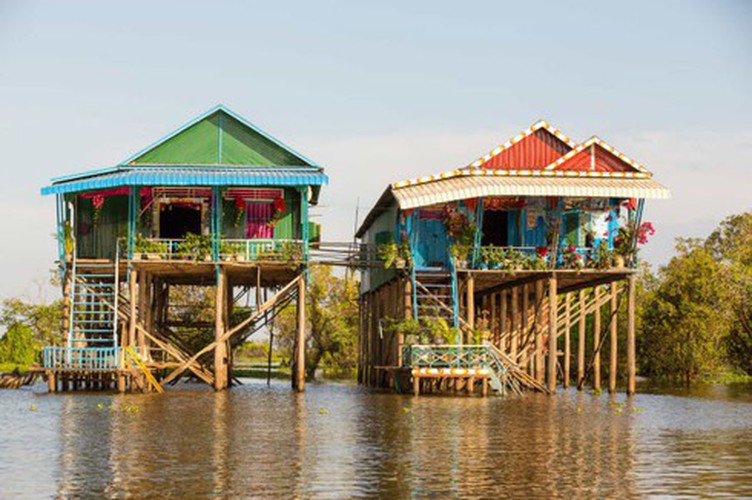
Local villagers enjoy a vibrant and colourful daily life, making their living largely from fishing, particularly from shrimp harvesting.
Stars Insider/VOV

Preserving and promoting values of Ha Long Bay heritage
In addition to investment for preservation of Ha Long Bay heritage, Ha Long City in Quang Ninh Province has applied IT into the management of tourism services, bringing convenience to visitors.
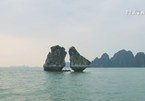
Ha Long – a new city rises next to a world heritage
Rising next to Ha Long Bay, Ha Long is a standout tourism city in northern Vietnam with modern infrastructure, stunning natural scenery, and steady socio-economic development.
 Renowned travel website Stars Insider has named a small site in UNESCO-recognised Ha Long Bay as one of the most incredible floating villages in the world.
Renowned travel website Stars Insider has named a small site in UNESCO-recognised Ha Long Bay as one of the most incredible floating villages in the world.